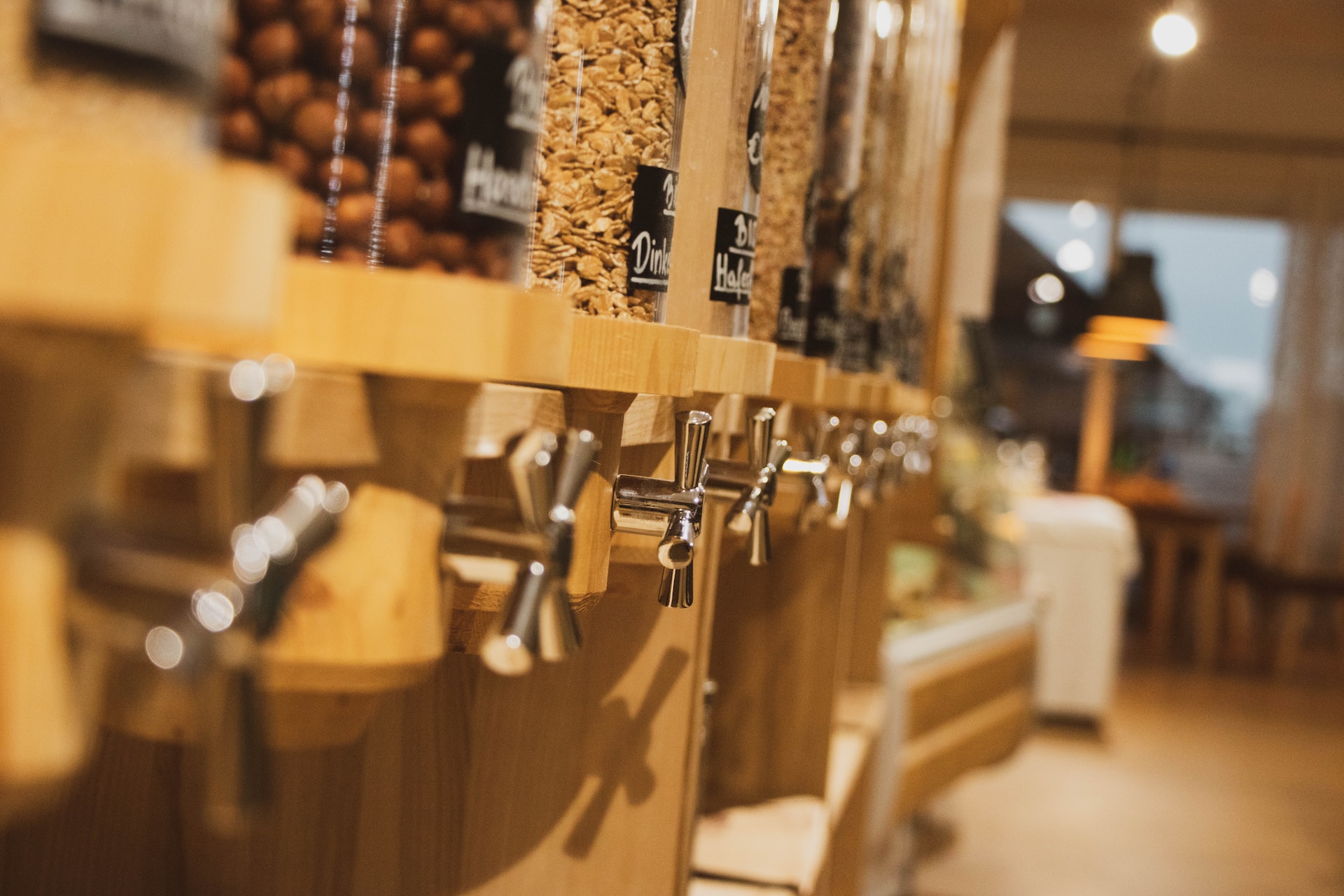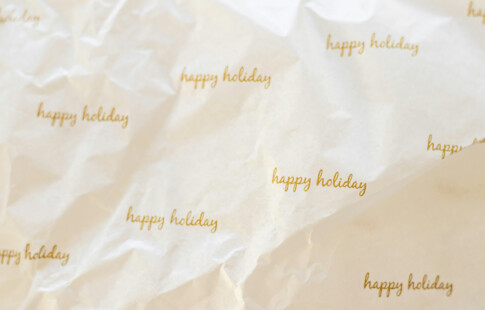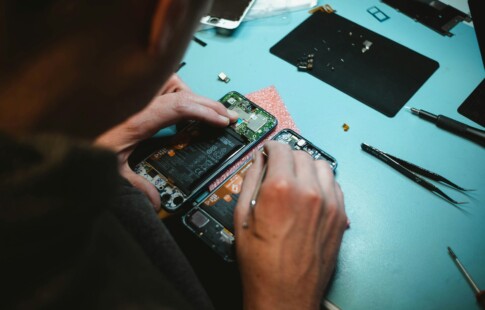
Going Zero Waste: Tips and Perspectives
We are reader-supported. When you buy through links on our site, we may earn affiliate commission.
Going zero waste takes a significant commitment, but many people find it worthwhile to help them minimize their carbon footprints. Anyone thinking about embracing the approach should create a process for making lasting lifestyle changes.
Perform a Waste Audit
Many eco-conscious people have seen the impressive stories of people who found that going zero waste allowed them to generate only tiny amounts of trash in a year. However, getting that outcome requires a tremendous effort that could discourage even the most motivated individuals.
An excellent starting point is to carry out a household waste audit. This approach involves collecting and categorizing all the garbage from one week. Do that before taking or setting it out for pickup and processing.
Find a tarp and group similar types of trash together on it. Then, label each category. The goal is to identify trends and opportunities for improvement. Even when people don’t immediately adopt zero-waste lifestyles, they can find the biggest waste-reduction wins.
For example, some females find it makes good financial and environmental sense to purchase reusable sanitary products. Other people become surprised by the amount of single-use plastics in their trash and decide to start making changes there.
It’s easy to feel a bit overwhelmed when looking at a week’s worth of garbage that way. When people toss their trash into household bins, and then bag it up to put in dumpsters, it’s hard to quantify the total amount of stuff discarded. However, people must remind themselves that awareness is the first step to going zero waste and sticking with the lifestyle.
Start Tackling Food Waste
Some people start reducing what they throw away by focusing on a particular type of garbage. One way to make a bigger impact than expected is to look at what’s thrown away after every meal.
Due to aspects like rising costs of living, many households have already become more mindful of minimizing food waste. That’s important since it accounts for 30 to 40% of the United States’ supply. Cutting down on discarded consumables doesn’t necessarily mean stopping entire meals from getting thrown away. Many people already do that by eating leftovers throughout the week.
One person got down to business with food waste by taking stock of what was already in her cabinets, canceling all upcoming grocery store trips, and no longer ordering takeout. She also got creative by finding new ways to use sweet potato skins and roasting squash seeds instead of throwing them away. These changes and others meant it took nearly two weeks to fill a bag of trash when that normally happened in two days.
Another possibility is to freeze the food you can’t eat in time. That’s a convenient option when no one in the house feels like cooking.
Set a Zero Waste Budget
When people decide they’ll be going zero waste, they don’t immediately realize there’s a financial cost associated with that choice. Sure, they’ll be helping the planet, but they might need to make some budget changes. Going to a zero waste store and buying package-free food is often more expensive and less accessible than conventional options.
If people can’t afford zero waste products or live too far from the stores that sell them, they shouldn’t become upset with themselves and believe they’ve failed. The most practical solution is for individuals to decide how much they can comfortably spend on their zero waste goals.
Another option that can make money stretch further is to figure out which products simultaneously cut waste and reduce spending the most over time. Suppose a household spends a lot buying paper towels in bulk.
An easy-to-implement fix is to purchase a roll of reusable ones that get washed instead of thrown away. One package of those will be more expensive than disposable products. However, people can quickly see the money saved with towels they can wash and use dozens of times.
Try Products in New Formats
It often becomes clear that packaging waste makes up a huge percentage of most people’s trash. Fortunately, it’s becoming easier to buy products in different formats that reduce the overall garbage generated.
Shampoos, bath gels, and lotions that come in solid formats are excellent examples. Although stores often sell these products in minimal cardboard packaging, many consumers store the products in metal tins or other durable containers. That’s a much more eco-friendly option than buying personal care products in bulky plastic bottles.
Many companies offering plastic-free or zero waste products sell them as tablets. People use containers from home and add water before using. That makes sense because the items sold often have water as their top ingredient. Having consumers drop tablets into liquid at their homes can reduce the packaging waste and often make the products less expensive overall.
Transitioning to products sold in different formats can require an adjustment period. For example, some people who switch out toothpaste tubes for tablets find they need to let them dissolve on their tongues to get maximum effectiveness.
Share and Receive Suggestions
Going zero waste has become more popular recently, but some people have embraced the lifestyle for years. And, of course, even those who have only committed to it a few months ago probably have some fantastic things to share.
That’s because waste reduction of any scope requires creativity. How could you reuse or repurpose something typically designated for the garbage can? That might mean turning a glass beverage bottle into a vase or using a candle jar to hold small knick-knacks. The cool thing about going zero waste is that most people who do will have tips others haven’t thought of or that are generally less common.
Hearing about others’ zero waste lifestyles while exchanging tips and stories is an excellent way to stay motivated and encouraged. It’s also beneficial for people to realize they’re not alone, especially while encountering challenges that might otherwise be upsetting and viewed as setbacks.
Going Zero Waste Is a Journey
A final thing to know is that there are no quick tricks for going zero waste. Modern society is incredibly consumption-driven, so people may feel like the world is working against them as they try to eliminate trash. However, every small improvement matters, and it’s okay if people spend the rest of their lives working toward a zero waste ideal.
Share on
Like what you read? Join other Environment.co readers!
Get the latest updates on our planet by subscribing to the Environment.co newsletter!
About the author

Jane Marsh
Starting from an early age, Jane Marsh loved all animals and became a budding environmentalist. Now, Jane works as the Editor-in-Chief of Environment.co where she covers topics related to climate policy, renewable energy, the food industry, and more.





